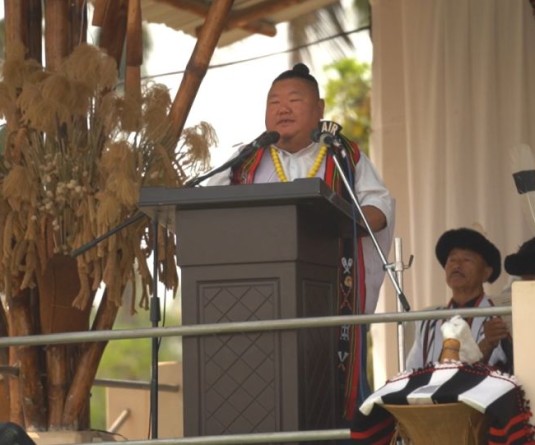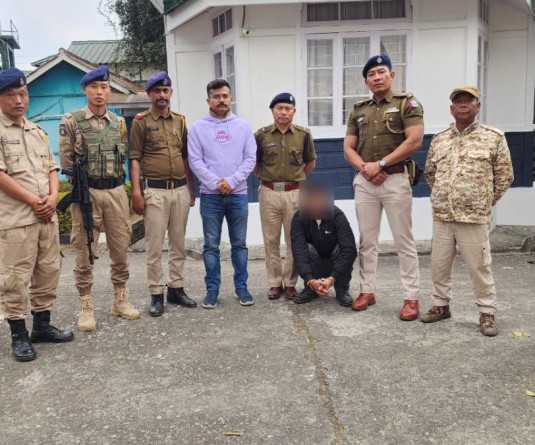
Says no request for adjournment will be entertained
Morung Express News
Kohima | April 26
The Gauhati High Court, Kohima Bench, has fixed May 26, 2025, for hearing the writ petition related to the appointment of Assistant Professors in Nagaland.
On April 24, during the proceedings of the first writ petition over the issue filed in 2022, it was pointed out that a batch of similar writ petitions and connected cases is already fixed for hearing on May 26, 2025. The respondents' counsels thus urged that the first petition also be heard analogously along with the batch.
While the petitioners' counsel expressed urgency and sought expeditious disposal, she did not dispute the need to hear the case along with the related batch.
Accordingly, Justice Suman Shyam said that the Court is left with no option but to post the matter for hearing again on May 26 along with the batch of connected writ petitions.
However, given the nature of the issues raised in the writ petition, the Court made it clear that “no prayer for adjournment on behalf of the respondents shall be entertained on the next date.” The parties were directed to come prepared accordingly, stated the order issued by Justice Shyam.
The case is set against the backdrop of the controversy surrounding the regularisation/absorption of 147 contractual Assistant Professors in Nagaland.
Following protests called by the Combined Technical Association of Nagaland (CTAN) and the Nagaland NET Qualified Forum (NNQF), the State Cabinet, in an emergency meeting on April 21, decided to keep in abeyance its order issued on December 17, 2024, for their regularisation.
Earlier, during the hearing of the first writ petition involving over 30 contractual Assistant Professors, the Court had passed an interim order directing the government not to regularise the services during the pendency of the case. However, despite the interim order, almost all names were included in the December 17, 2024 regularisation list.
This was flagged by the petitioner’s counsel during the April 24 hearing. The Court observed that it could consider issuing contempt notices; however, in light of the government's ‘verbal’ assurance to revoke the 2024 order, such action may not be necessary for the time being.






